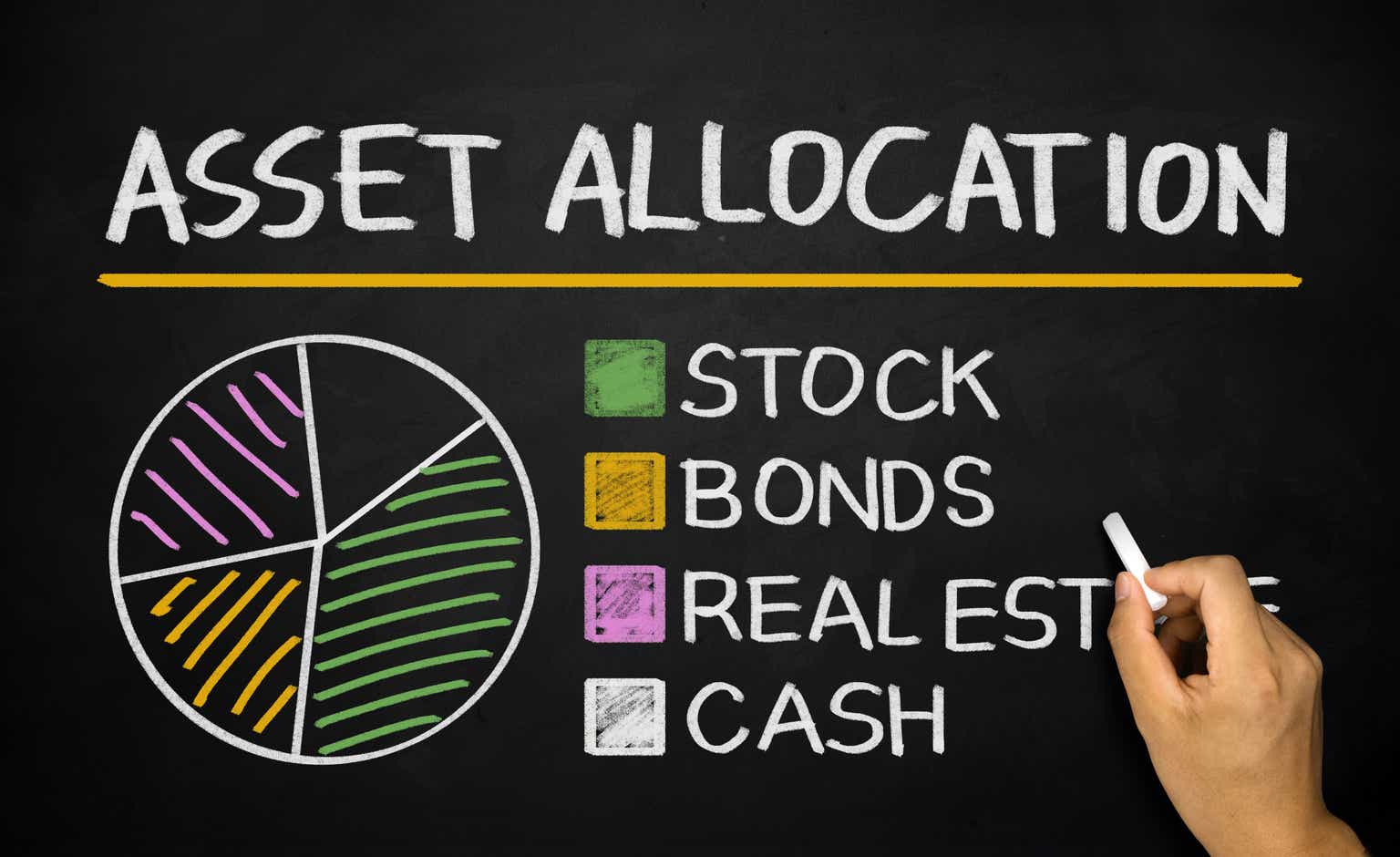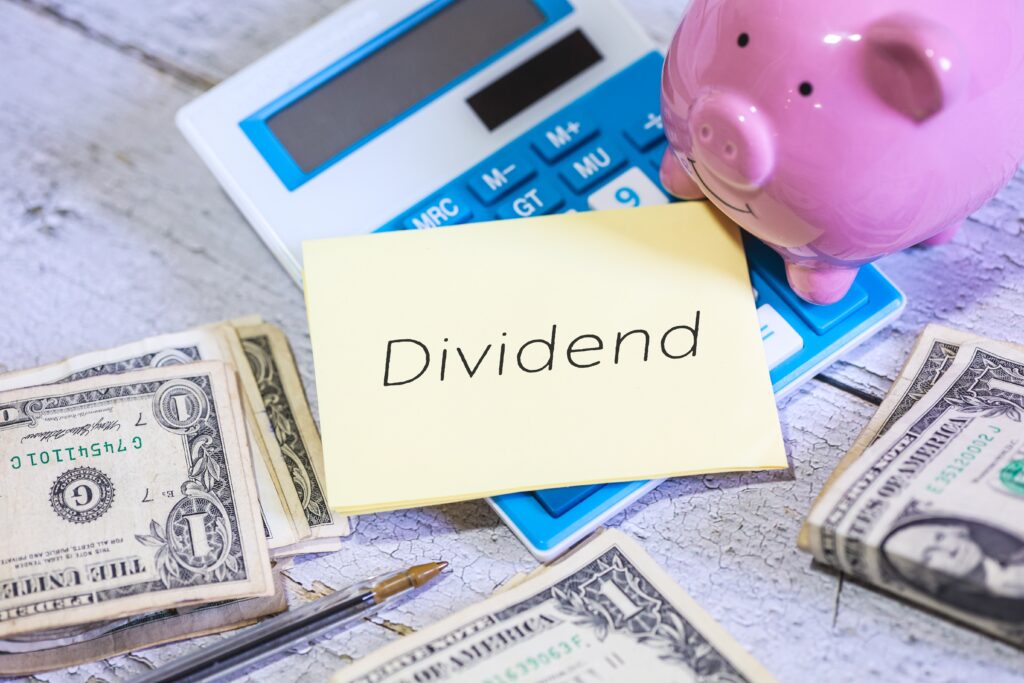
Although people invest their effort, time, and the Money they earn or save to create wealth, tax management is integral to the process. Earners need to see their Money work harder and do not want to give a significant portion of it to the IRS for taxes… That's how to map an effective strategy combining growth and taxation optimization.
Understand Taxable and Tax-Advantaged Accounts
As an essential first step in the tax planning process, one must clearly define a Taxable Account and a Tax-Advantaged Account. Investment accounts, like brokerage accounts, come with capital gains taxes on any profits earned on the investment. On the other hand, some accounts provide tax benefits such as tax-deferred gains and tax-free redemption according to the kind of account. It is imperative to distinguish suitable investments to be made in each account in a bid to try and limit account taxes as much as possible while at the same time being keen on reasonable returns.
Focus on Asset Location

The management of assets about tax impacts is a central determinant of the taxation element of investment management. Some investments like bonds or REITs pay income taxed or levied at a progressive rate. When stored in such accounts, these are also good for lowering your tax implications. On the other hand, investments with low tax rates on the gains, for example, in stocks, should be made in this type of account. It is worth explaining that the distribution of funds also affects the overall taxation paid.
Use Tax-Loss Harvesting
Reallocation of investment is a valuable strategy to offset tax liability. This seldom occurs when one divests themselves of poorly performing investments to use the Money to meet taxes on appreciated stock sales. The losses can also be utilized to reduce a portion of average income tax, which also, in effect, brings down your taxation bill. Integrating this approach into the most favoured structure to gain more tax-efficient investment can enable you to retain more of your income in the long run.
Diversify with Tax-Efficient Funds
Opt for tax-exempt funds, preferably period funds or index fiscal mutual funds, as well as exchange-traded funds (ETFs). These funds often produce fewer taxable events than the provision of actively managed funds. This is especially evident given that these funds have substantially lower turnover rates, meaning fewer capital gains distributions and thus more advisable for someone who needs a DST-style tax-efficient investment vehicle.
Optimize Dividend Income

Dividend income is an attractive type of income originating from investments; however, it is usually taxed. For tax-efficient investments, target qualified dividends since they attract less tax than other income. Look for good dividend stocks that you can invest in based on your financial goals while taking as little taxes as possible.
Consider Municipal Bonds
These debts are especially beneficial in a tax-sensitive investment plan for those investors who pay the highest taxes. The income these bonds earn for their holders is usually free from federal income tax and, in some cases, state and local income taxes. Incorporating municipal bonds into your portfolio will help provide tax-free Money while keeping your exposure reasonably conservative.
Work with a Financial Advisor
A financial advisor will be well suited to offer specific advice for optimizing investment to taxes. They can advise you on the changes in tax laws, guide you on the areas that can help you gain some tax credits, or assist in changing your investment portfolio in response to new tax legislation. Legal consultation helps to keep your planning on track with your objectives and govern toward the particular state's tax rules.
Conclusion
Formulating an investment plan that reduces incidences of paying taxes tremendously is vital in wealth creation and preservation. Thus, one may construct a strategy for minimizing taxation by knowing account types, concentrating on asset location, using taxation loss, and diversifying with taxation-efficient funds. It may also make sense to maximize dividend income, look into muni bonds, and seek a professional's help to keep your investments as tax-wise as possible. It is time to start planning towards the specific end of contracts for better financial futures.




